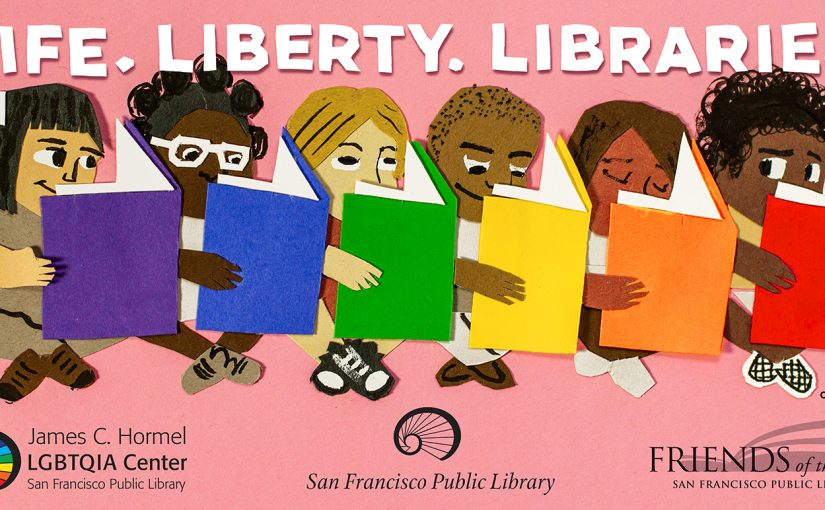I like this poem. It’s by Christina Rossetti and was published in an 1896 collection of her poems that I found at an outdoor book stall in London two summers back. Someone near to Rossetti’s heart appears to have died in spring (perhaps an infant?), and the poet marks the irony by observing that her loved one’s birth date was also rather untimely, in winter. Rossetti’s poem is titled, “Dirge.” A dirge is a song sung in the grief of a death. According to a Wikipedia entry:

The latest crisis threatening to swallow Donald Trump’s administration has surfaced at the US president’s Mar-a-Lago resort in Florida: a 4ft-wide sinkhole that has mysteriously opened up in the roadway. The Saudi crown prince, Mohammed bin Salman, will arrive in the UK on Wednesday for what is effectively a state visit that will include lunch with the Queen, dinner with the Prince of Wales and the.

The English word “dirge” is derived from the LatinDirige, Domine, Deus meus, in conspectu tuo viam meam (“Direct my way in your sight, O Lord my God”), the first words of the first antiphon in the Matins of the Office for the Dead. The original meaning of “dirge” in English referred to this office.
Here’s the poem. Notice how the poet touches all four seasons in the first stanza, then draws our focus, in the second stanza, to the irony of a death in spring, and how it might better have happened, if not in winter, at least in the fall:
Why were you born when the snow was falling?

You should have come to the cuckoo’s calling.
Or when grapes are green in the cluster,
Or, at least, when lithe swallows muster
For their far off flying
From summer dying.
Unbound Legacy Blog
_
Why did you die when the lambs were cropping?

You should have died at the apple’s dropping,
When the grasshopper comes to trouble,
And the wheat-fields are sodden stubble,
And all winds go sighing
For sweet things dying.
_
Unbound Wellness Blog
It’s possible that the poem is written for no particular person’s death, but as a meditation upon the inharmonies of existence: the things that the poet might overhear said when someone is born or dies. In other words, if we searched the details of Rossetti’s life, we might find no particular death corresponding to the writing of this particular poem. Poets, afterall, adopt personas, and imagine occasions for writing, and thus we need not, of necessity, rush to personal tragedy as the source that prompted Rosetti’s poetic imagination. Here’s a portrait of Rossetti, painted by her brother:
Unbound Logs
And here’s a drawing of Rossetti, also by her brother:
Unbound Log File
Source for both images: Wikipedia Commons
